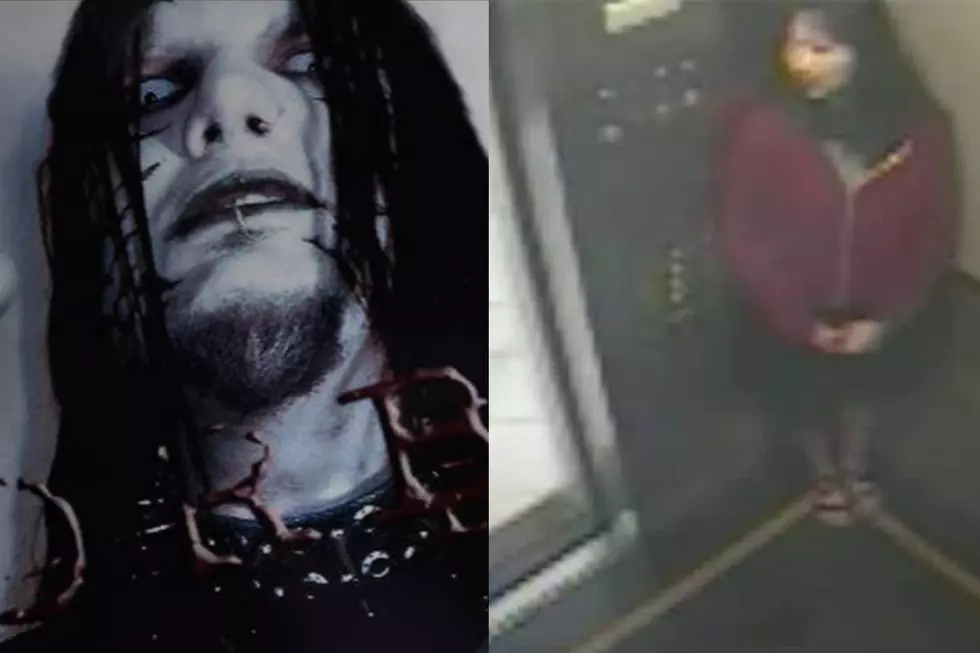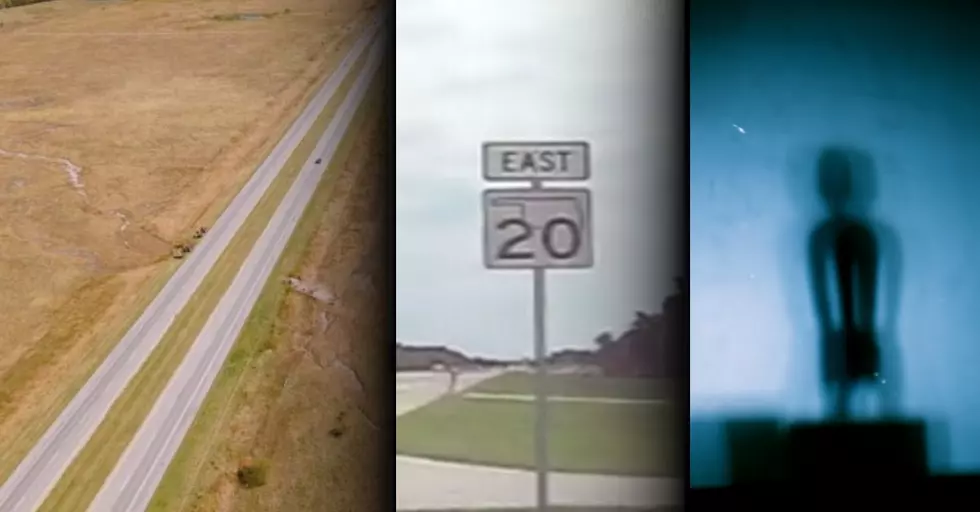
Morbid: The Metal Musician Falsely Blamed for Elisa Lam’s Death
The new Netflix documentary Crime Scene: The Vanishing at the Cecil Hotel explores the mysterious death of Elisa Lam, a 21-year-old woman who was caught by elevator camera acting in a bizarre manner just moments before her untimely death. Lam's demise was ultimately ruled an accident by investigators, but not before a metal musician with the pseudonym Morbid became the subject of an internet witch hunt.
Once published, the 2013 elevator video of Elisa Lam went viral. As police began the slow process of investigating her disappearance, internet sleuths rallied in an attempt to solve the mystery themselves. Theories from paranormal events to conspiracies and police cover-ups were shared far and wide, but internet sleuths eventually settled on murder, believing Morbid (aka Pablo Vergara) killed Lam during his stay at the Cecil Hotel.
An online investigator came across Vergara on YouTube, who had posted a video of himself from inside a Cecil Hotel room. From there, folks fascinated by the Lam case dove down the YouTube rabbit hole, discovering Vergara’s work as a corpse-painted black metal artist, creating extreme music about dark and murderous subjects not unusual to the genre, but shocking to those unfamiliar with it.
Along with his confirmed presence at the Cecil Hotel, Morbid’s band Slitwrist convinced internet sleuths that he had killed Elisa Lam. Slitwrist’s music video for “Died in Pain,” which depicts a young girl running for her life until she’s caught and murdered, was posted to YouTube just days after Lam’s death. Another Slitwrist song, “China,” includes lyrics about a victim’s remains being laid to rest in water, along with the line, “I’m thinking China.”
Elisa Lam was Chinese. Her body was found in a water tank atop the Cecil Hotel.
Perhaps the most baffling coincidence was a creepy homemade video of the metal musician posing in front of photos of serial killer Ted Bundy and famous murder victim Elizabeth Short (aka The Black Dahlia). Short was allegedly seen at the Cecil Hotel before her death in 1947.
Armed with a collection of loosely connected “evidence” against Vergara, internet sleuths began to bombard the musician’s YouTube videos with comments accusing him of murder. His real name was soon discovered through a Facebook post, and before Vergara had even heard about the death of Elisa Lam, the musician’s image was being shared on Taiwanese television as an official suspect in the case.
Once Vergara learned of the accusations against him, he posted a video response, saying, “This is Morbid. I wanted to inform you that I didn’t kill Elisa Lam. I am innocent,” but the online harassment continued. Wannabe detectives reported Vergara’s YouTube, Facebook and Google accounts until they were all terminated, and the PFM (the FBI of Mexico) even came to Vergara’s home to ask him about blood sacrifices for the devil.
“There was no escape. When you get so much hate and negativity, there’s something that breaks in your mind. After a while, there’s just so much you can take,” Vergara said in the Netflix doc. “I did try to take my life and woke up in a psychiatric hospital. The web sleuths go on with their lives like nothing happened, but they really turned my life upside down.”
Not only had internet suspicion and digital-age Satanic Panic led to Vergara's suicide attempt, but the initial piece of evidence against him turned out to be faulty. In reality, the musician’s stay at the Cecil Hotel took place 12 months before Lam’s death. Despite sharing dated receipts online and being cleared by Los Angeles police, sleuths weren’t satisfied and began accusing the LAPD of a cover-up.
Lam’s behavior captured by the elevator camera was ultimately found to be a symptom of bipolar disorder, for which the 21-year-old had stopped taking her medication.
“When the news was released about her death being an accident, no one apologized to me,” Vergara explained. “No one reached out to me, nothing changed. It’s just wrong, people shouldn’t get away with that. We have to be more responsible to what we say and do. What happened to me can happen to anyone. I survived it, but lots of people get cyberbullied and they don’t make it.”
“I do feel like I’ve lost my freedom of expression. I actually haven’t made any more music. When I try, it’s not the same. I’m trying to rebuild my life and everything, but it sucks. Everyday, it’s never going away. I have to live with it for the rest of my life.”
“[The Cecil Hotel] is just a portal to Hell, in my opinion,” Vergara concludes. “Once you step in there, bad things happen. I’ve come to realize that I’m just, maybe, another victim of that place, just in a different way.”
Crime Scene: The Vanishing at the Cecil Hotel can now be streamed on Netflix, with Vergara’s story depicted in Episodes 3 and 4.




